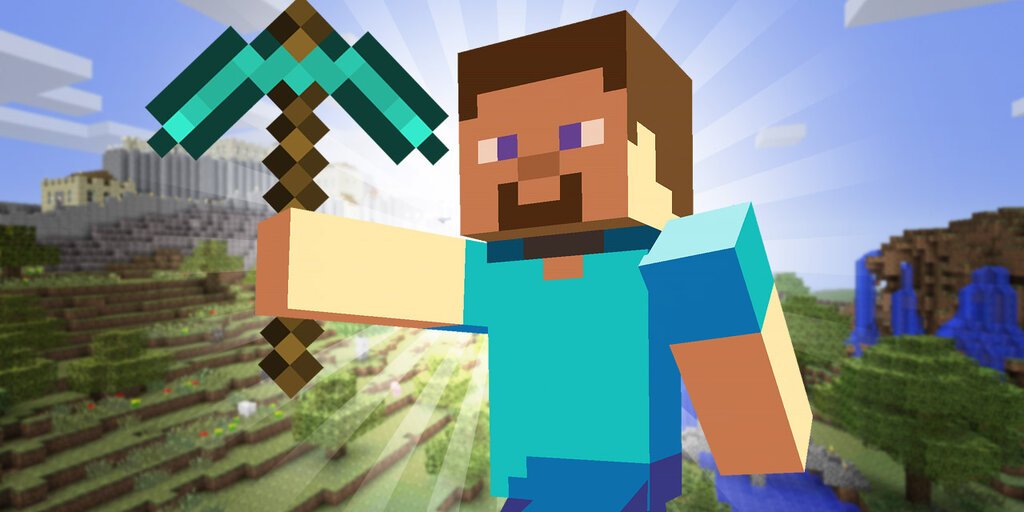The ongoing battle between game developers and the crypto world appears to have escalated as developers connected to Minecraft and other gaming platforms launched an online guide and corresponding pledge to raise awareness of the putative dangers of NFTs and cryptocurrencies.
On Monday, Climate Replay, a group that includes a number of developers from Minecraft maker Mojang Studios, asked developers and gamers worldwide to sign its NFT pledge. Among other things, the pledge, which is written in the form of an instructional guide, asked game developers to weigh the potential danger of NFTs on ecological, venal, and mental health grounds.
The pledge specifically called out so-called “play-to-earn” games, in which users earn cryptocurrencies and NFTs by completing tasks or quests. Gaming is supposed to be fun, not work, the devs argued.
“By ignoring key risk factors and glaring issues, adopters of NFTs and other forms of digital ownership that embrace these problematic aspects erode efforts to create an equitable and sustainable existence for all,” the pledge reads. “NFTs in gaming do not bring any meaningful value to the players.”
A week later, the pledge has just 72 signatures.
The organizers behind the pledge say that it represents the thinking of a broad-based coalition of developers. Mariana Salimena, a Minecraft concept artist, told Decrypt the pledge is “not meant to represent Minecraft as an organization.”
“Our goal with this guide is to act as a central informative, unbiased source of information on NFTs/blockchain, but also bring to attention the risks, environmental costs, and community/developer sentiment around NFTs and digital ownership,” Cory Scheviak, who co-authored the pledge, wrote in Climate Replay’s Discord group. “Our hope is that we can spread this around the industry and get as many companies and individuals as possible to sign.”
The pledge echoed environmental concerns around proof-of-work blockchains that burn an enormous amount of power. The guide did not mention that the Ethereum blockchain, which handles the vast majority of NFT minting, is in the process of migrating to a proof-of-stake consensus model, which will exponentially reduce its carbon footprint. The so-called “merge” is expected by the end of summer.
Another concern for the developers is the apparent lack of security across the ecosystem, with billions of dollars being hacked every year. One such event was the recent hacking of Axie Infinity’s Ronin Bridge, a blockchain-based gaming ecosystem where users were collectively robbed of almost $600 million.
Traditional game developers also are wary of the speculative and volatile nature of cryptocurrencies and NFTs.
“It really all depends on the operation and tokenomics,” Myrtle Anne Ramos, CEO of play-to-earn game Placewar, told Decrypt. “Gaming NFT marketplaces should adopt stablecoin payments. Using governance tokens as payments would result in an easy death spiral for both token and NFT markets.”
The low signature count so far could be a sign that the fierce backlash gamers demonstrated to in-game NFTs is quieting down. That’s the take many in the gaming industry have, including Sebastien Borget, co-founder and COO of The Sandbox, who told Decrypt, “Every single studio I know of—from the largest, top company to the smallest—will have a product, if not many involving blockchain.”
Even with so few signatures, Scheviak said he remains encouraged.
“I am very happy with the engagement,” he added. “The pledge is not a time-limited thing, and as the guide will spread around the game industry, I expect even more productive conversation around the real issues raised within the guide.”
The best of Decrypt straight to your inbox.
Get the top stories curated daily, weekly roundups & deep dives straight to your inbox.




